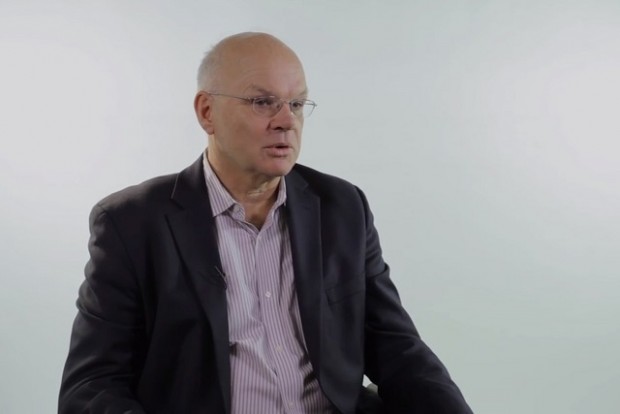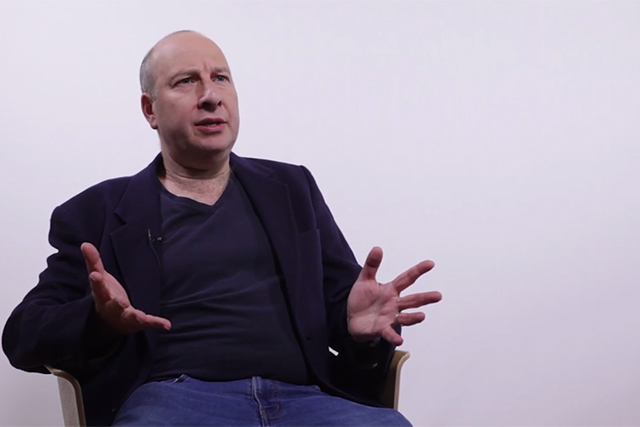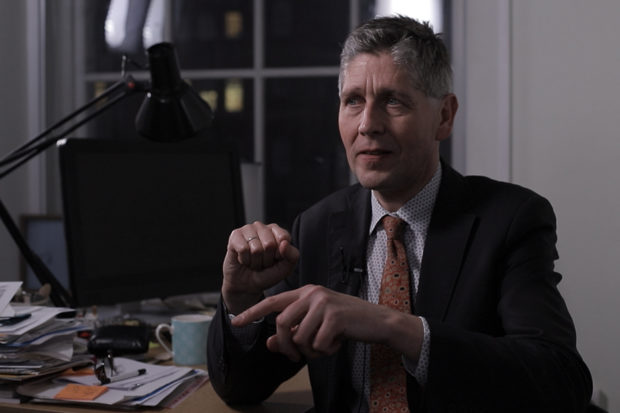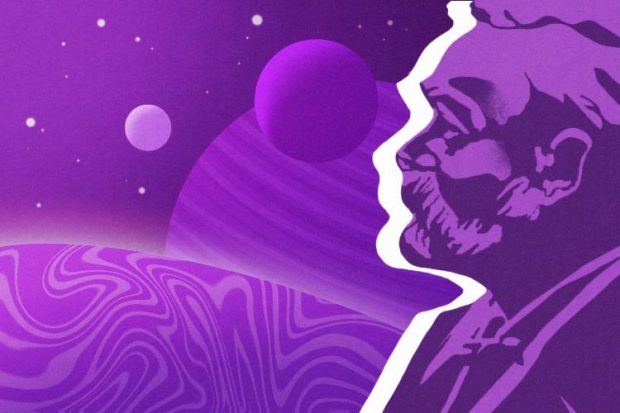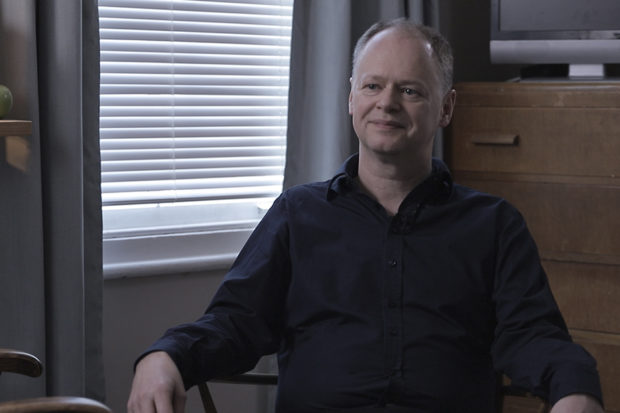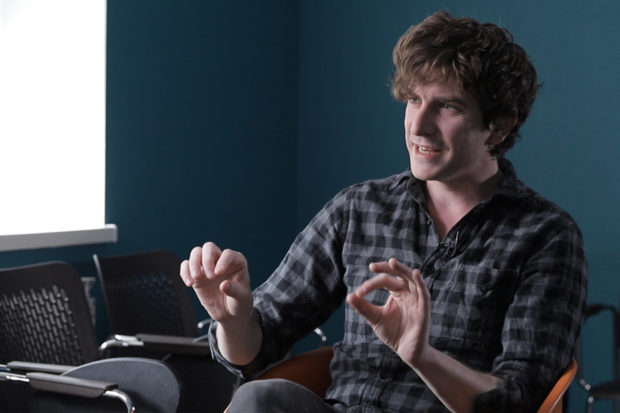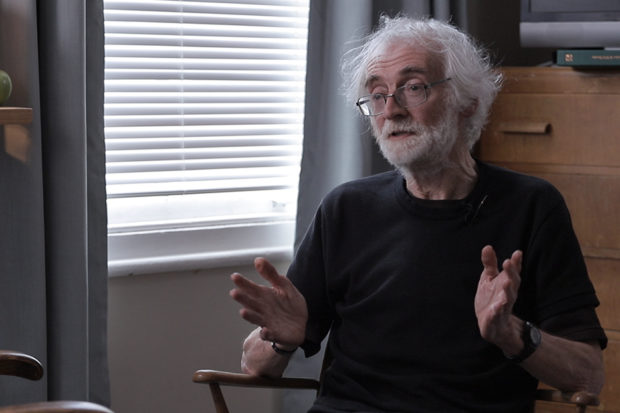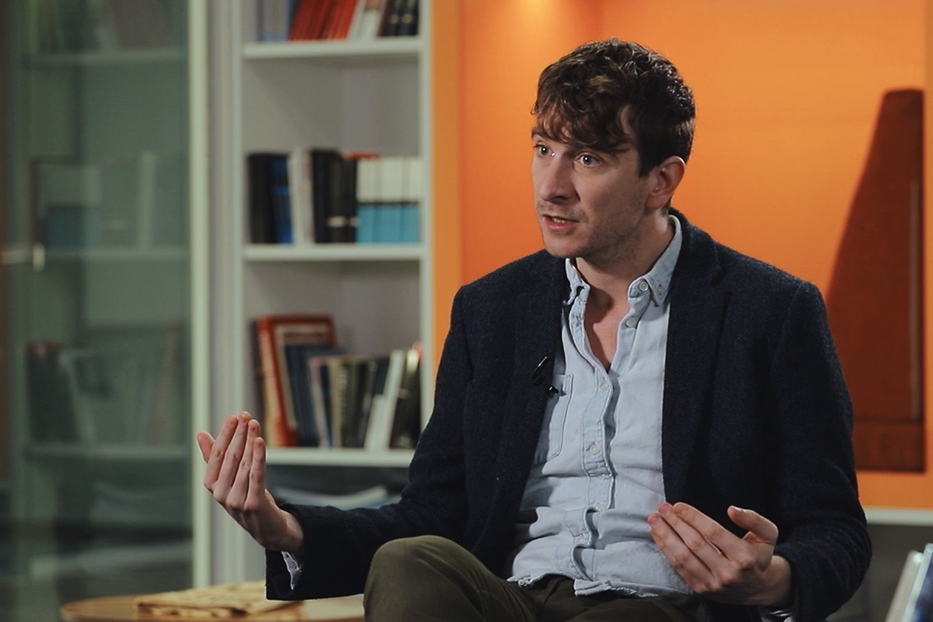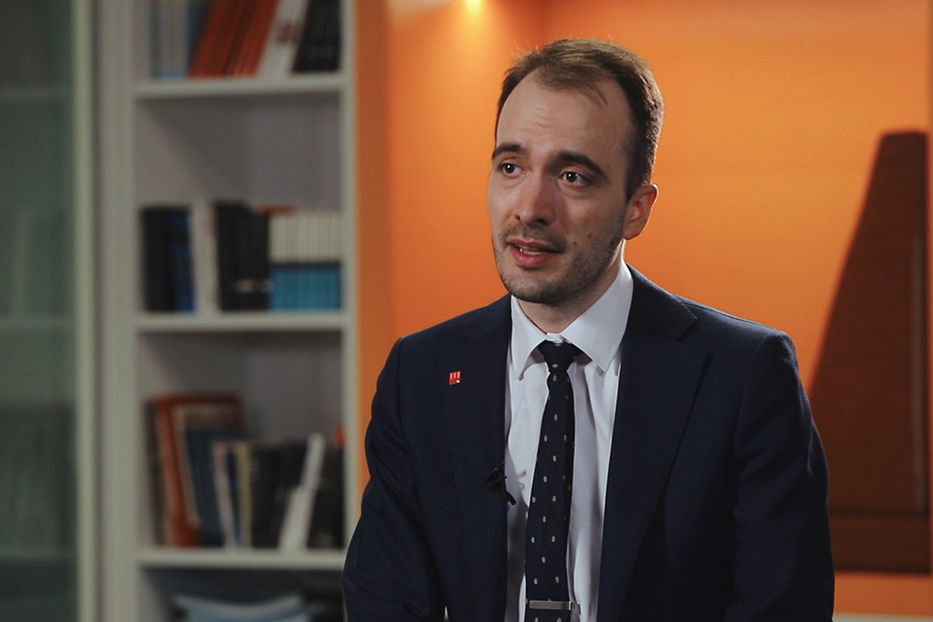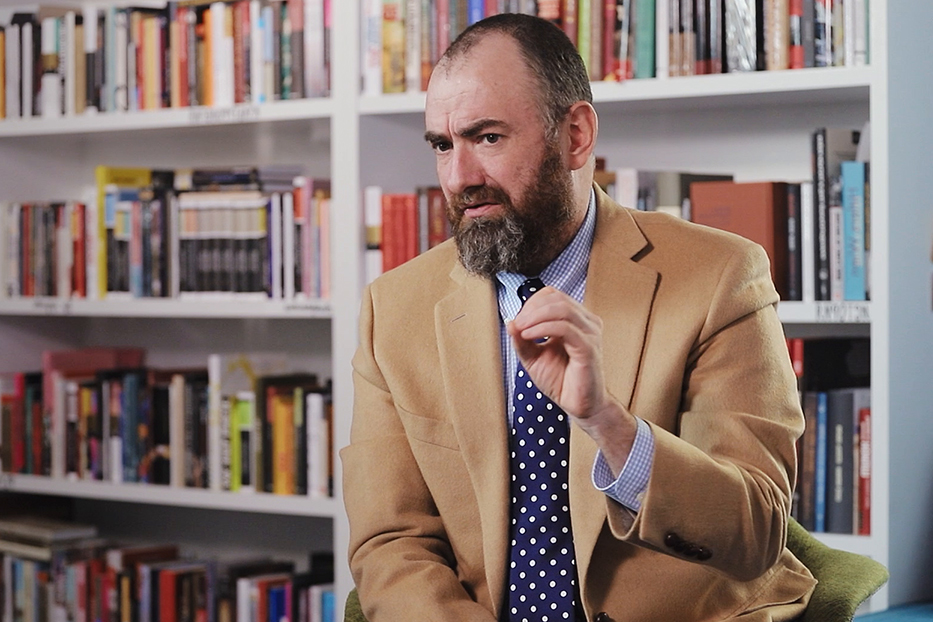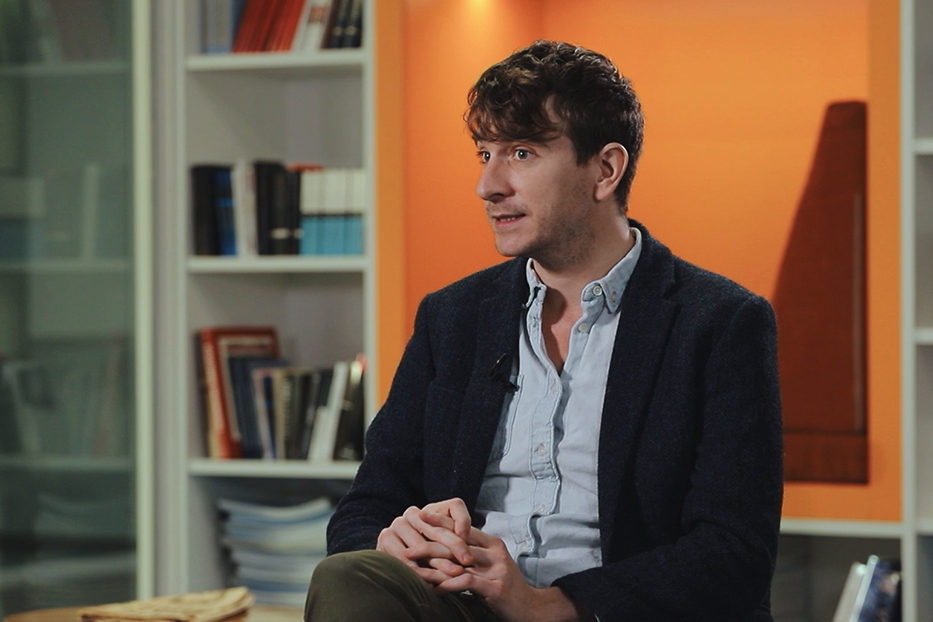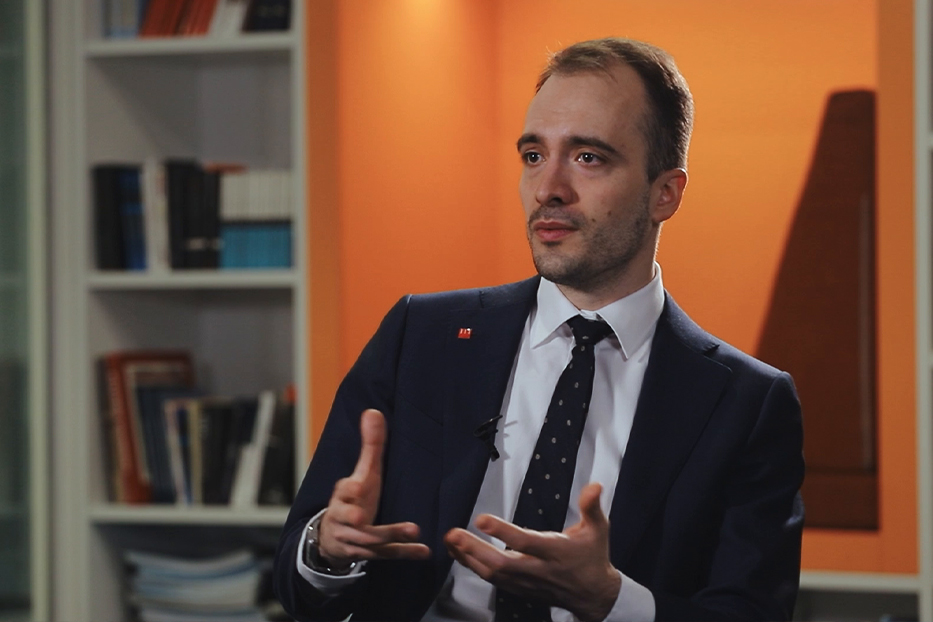What is First Philosophy?
Philosopher Andrew Haas on categories of necessity and possibility, Aristotle’s ‘Metaphysics’, and ontohenochronophenomenology
videos | June 4, 2018
What is for us philosophy? This is a very old question. In many ways it begins with Aristotle’s notion of protophilosophy – our first philosophy, which is understood for the most as the study of first principles or universals. This is to a great extent covered in Aristotle’s Metaphysics, in which he responds to the question of the meaning of being in terms of being qua being – what is being itself? The answer is in a variety of different ways, and the history of philosophy has answered in a variety of different ways: whether it’s seen being as a particular being, to go kind of being, or as particular category, or as particular science of a particular kind of being. Mathematics, for example, studies mathematical beings, physics studies physical beings, psychology – the being of the mind. Of course, metaphysics studies being itself. So, being has been thought in history of philosophy in many different ways: as idea, substance, God, the soul, reason, will to power, etc.
What does Aristotle say though? Aristotle says in the metaphysics being and unity imply one another. So, first philosophy cannot really just be the study of being qua being (ontology), but also has to be the study of unity. Because as Aristotle says, everything that applies to being also applies to unity, and, therefore, metaphysics or first philosophy has to be the study of being and unity, or henology (from the Greek).
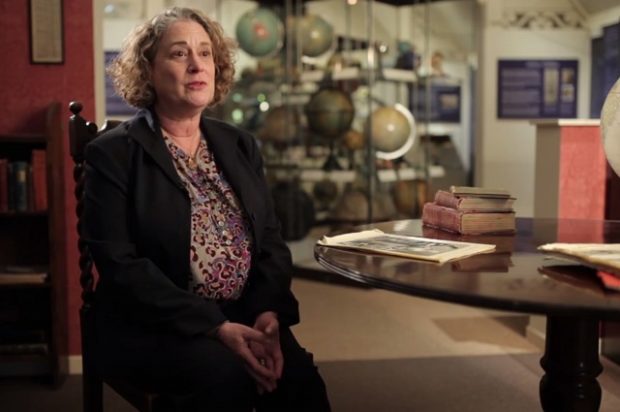
First philosophy studies being, unity, time and aspect, but to a great extent it studies it by raising the question of what it is. Heidegger, however, is very clear. He says that the what is determined by the how, so too for these universals the question becomes not only what it is, but how are they. Aristotle once again the metaphysics says being and unity imply one another – there we have it. How are they, being and unity? They imply. They are implied. They imply one another. Why? Because they are implications. What does it mean then to imply? Implication is precisely the suspension of the presence and absence, of the presence or absence of the implied. What do I mean by this? I’ll give three examples in three languages, because in these various languages implication comes to the fore in different ways, but I hope it will make it clear in Greek, in English, and in Russian.
In Greek Heraclitus says: “ἦθος ἀνθρώπῳ δαίμων”. Normally it is translated as “Man’s character is his fate” or “Human character is demonic”. In the Greek the word “is” does not appear. “ἦθος ἀνθρώπῳ δαίμων” – character, human, demonic or human, character, demonic, man’s character. Traditionally using that term implied being demonic.
So too in English. Keats’s his famous poem Ode on a Grecian Urn, perhaps the most famous line of poetry in the entire English language says: “Beauty is truth, truth – beauty”. Beauty is truth, truth – beauty. What happened to being? Being is implied precisely in the second half of that phrase, being is implied, because being is an implication, that’s its way of being.
In Russian the first line of Dostoevsky’s Notes from Underground says: “Я человек больной, я злой человек”. Normally this is translated as: “I’m a sick man, I am a wicked man” or something like that. The Russian doesn’t say that. The Russian says: “I sick man, I wicked man”, because you don’t need to have being in these phrases, in any of these phrases, because it’s implied precisely.
In this way poetry or fiction, or Heraclitus philosophy, a philosophical poetics reveals the way, in which being is, but not only being, because being implies unity, and being and unity imply time and aspect. Therefore, all of these implications are implied. How so? They’re implied not only in poetry, but if they’re poetic, it’s because they’re applied everywhere. They’re implied in things, thoughts, words, deeds. The question then becomes: What does it mean to imply?Grice has written quite a lot on this. He argues that we should go back to Kant to see what kind of categories we can use for understanding implications. He takes two from Kant: namely, necessary and possible. So, there are necessary and possible implications, necessary and possible ways of applying. Being is not necessarily implied in the being of a being as as unity, as as time. If it is, it is one temporarily and aspectually. If it’s possible, then two: it would have its possible way of being one temporally and aspectually.
For Kant there’s also a third, a third category in addition to necessity and possibility – namely, the problematic. Here is really where we get a sense of the essence of implication, because it’s precisely the way, in which the implied suspends our assurance of the necessity and possibility of what is being implied, that reveals to us what we mean by implication. So, implication suspends, as I said, the implied. That means that the stat of what is implied is problematic. If it is possible or necessary, it’s because it is already problematic, and it would then be out of this problematic suspension of the presence and absence of the implied that we might determine the possibility and the necessity of what is being implied. Thus, first philosophy, if it’s the study of being, unity, time and aspect as implications ontohenochronophenomenology, is ultimately the study of the problem of the suspension of implication.











